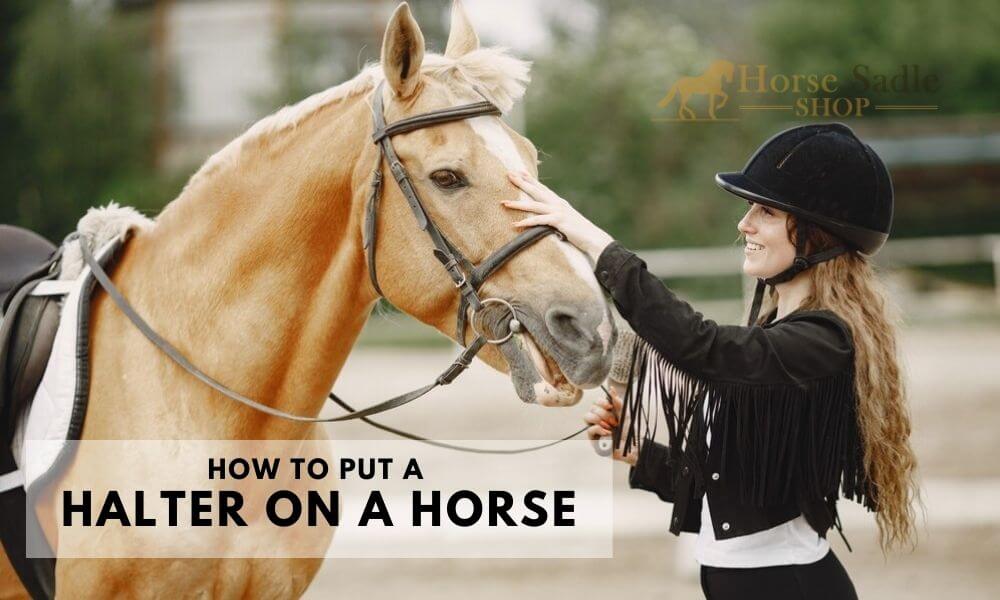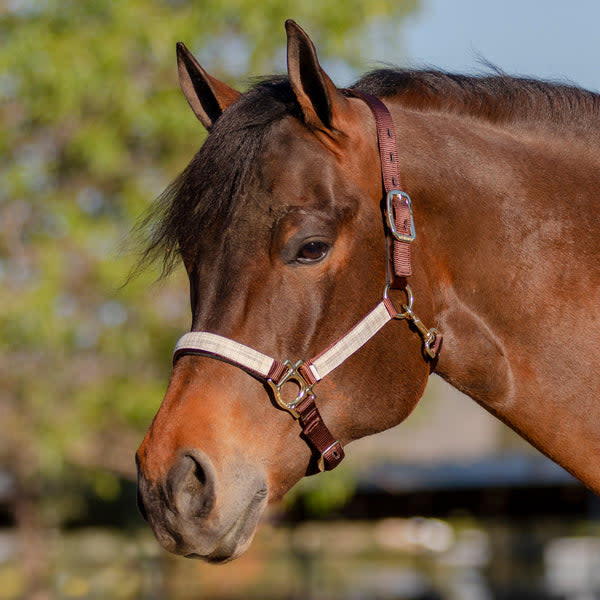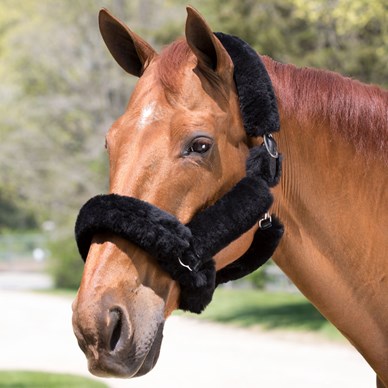Halter Safety Features Every Horse Owner Should Know

When it comes to horse care, safety is paramount, and understanding the features of a safe halter can prevent accidents and injuries. This article explores essential halter safety features every horse owner should be familiar with, ensuring both the horse’s comfort and security.
What is a Halter?

A halter is a piece of equipment placed around a horse’s head, used for leading, tying, or restraining the animal. It is a fundamental tool in horse handling.
Types of Halters

| Type | Material | Common Use | Safety Considerations |
|---|---|---|---|
| Nylon | Synthetic fiber | Everyday use, durable | Can cause injury if caught or pulled |
| Leather | Natural leather | Show, training, and everyday use | Breaks under extreme pressure |
| Rope | Braided rope | Trail riding, training | Designed to break under stress |
Key Safety Features
Breakaway Halters
These halters include a leather crown piece or a designed weak point that breaks under pressure, preventing injury if the horse gets caught.
Quick-Release Buckles
Allow handlers to quickly remove the halter in emergencies, reducing the risk of panic or injury.
Proper Fit
A well-fitted halter prevents rubbing, chafing, and accidental slipping, which can cause distress or injury.
Padding
Some halters have padded nosebands and crown pieces to increase comfort and reduce pressure points.
Best Practices for Halter Safety
- Always check the halter for wear and tear before use.
- Never leave a halter on an unattended horse unless it is a breakaway type.
- Use halters with safety features appropriate to your horse’s environment and activity.
- Train your horse to accept the halter calmly to reduce stress.
Frequently Asked Questions (FAQ)
Q1: Why are breakaway halters important?
A: They prevent serious injuries by breaking under extreme pressure if the horse gets caught.
Q2: Can I use a nylon halter for turnout?
A: It’s not recommended unless it has a breakaway feature, as nylon halters do not break easily and can cause injury.
Q3: How often should I replace my horse’s halter?
A: Replace it as soon as you notice significant wear, fraying, or damage to ensure safety.
Conclusion
Choosing the right halter with essential safety features and maintaining it properly is crucial for your horse’s well-being. By understanding these features, horse owners can prevent accidents and provide a safer environment for their animals.
